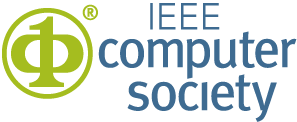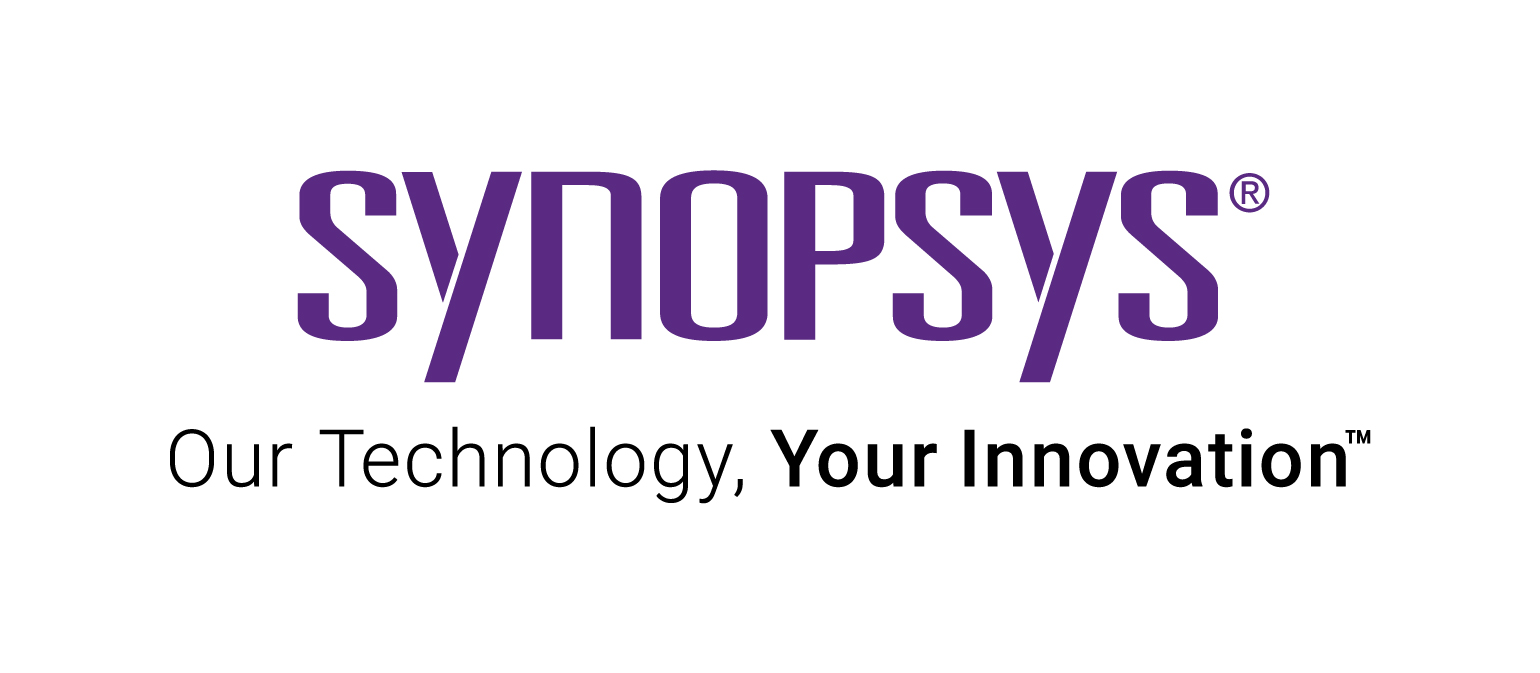Sponsors and Partners
Institute of Electrical and Electronics Engineers
The IEEE and it's predecessors, the AIEE (American Institute of Electrical Engineers) and the IRE (Institute of Radio Engineers), date to 1884. From its earliest origins, the IEEE has advanced the theory and application of electrotechnology and allied sciences, served as a catalyst for technological innovation and supported the needs of its members through a wide variety of programs and services.
IEEE Computer Society
With nearly 100,000 members, the IEEE Computer Society is the world's leading organization of computer professionals. Founded in 1946, it is the largest of the 37 societies of the Institute of Electrical and Electronics Engineers (IEEE). The Computer Society's vision is to be the leading provider of technical information and services to the world's computing professionals.
Test Technology Technical Council
The Test Technology Technical Council is a volunteer professional organization sponsored by the IEEE Computer Society. TTTC's goals are to contribute to our members' professional development and advancement, to help them solve engineering problems in electronic test, and to help advance the state-of-the art. All TTTC activities are led by volunteer members. TTTC aims at facilitating the knowledge flow in an integrated manner, to ensure the overall quality in terms of technical excellence, fairness, openness, and equal opportunities.
Synopsys
Synopsys is a world leader in electronic design automation (EDA), supplying the global electronics market with the software, IP and services used in semiconductor design and manufacturing. Synopsys' comprehensive, integrated portfolio of implementation, verification, IP, manufacturing and FPGA solutions helps address the key challenges designers and manufacturers face today, such as power and yield management, system-to-silicon verification and time-to-results. These technology-leading solutions help give Synopsys customers a competitive edge in bringing the best products to market quickly while reducing costs and scheduling risk. Synopsys is headquartered in Mountain View, California, and has more than 60 offices located throughout North America, Europe, Japan, Asia and India. Visit Synopsys online at synopsys.com.
UNION OF EMPLOYERS OF INFORMATION AND COMMUNICATION TECHNOLOGIES
UNION OF EMPLOYERS OF INFORMATION AND COMMUNICATION TECHNOLOGIES (UEICT) was founded in 2015 in Armenia by Synopsys Armenia, IntellCors, and other large ICT companies. At present, UEICT has about 70 members comprising multinational companies such as CISCO and Synopsys, local ICT companies, banks, startups, regional companies, and ICT-orientated educational institutions as well as the three hugest Telecommunication companies of Armenia.
UEICT is a prominent organization representing the interests of the information and communication technology (ICT) sector in the country. The strategy of the Union is focused on education, economy, proportional development and positioning.
UEICT has developed different projects in the fields of STEM education, business development, PPD, and has raised the visibility of Armenia in the international market. To promote digitalization in different fields of the economy UEICT uses the platform of its Silicon Mountains Tech Summit. Silicon Mountains brings together international and local experts and hosts keynote speakers to discuss the digital challenges of the world, sharing the experience and put Armenia on the ICT world map as a technologically advanced country with highly qualified specialists offering engineering solutions.
Now UEICT provides an opportunity for dialogue between educational institutions and the private sector, connecting different market actors for market development. Organizing annual industrial events in Yerevan and regions, UEICT creates the ecosystem for sharing knowledge, represents Armenia and Armenian companies’ products, creates PPD, and brings together different stakeholders.
UEICT develops the ICT community in the Regions. The Union already has three representatives in the Lori, Shirak and Gegharkunik regions.




